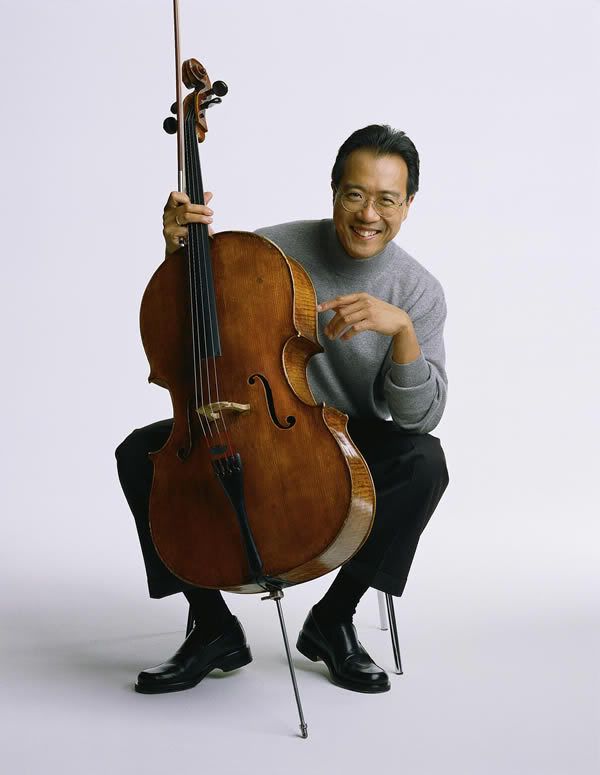A recent post discussed the
legacy applicant. Today, I will discuss the next type of
Harvard applicant: the athlete. The purpose of describing these profiles is not to stereotype any member of the Harvard community. Rather, the purpose is to enlighten prospective students about what types of candidates Harvard is seeking. In fact, many undergraduates fall into several of the categories that I will describe.
When most people think of Harvard, athletics is far from their first thought. However, as the nation's oldest college, Harvard has a long tradition of athletics. As the
GoCrimson site notes,
Harvard has a strong presence in athletics:
Harvard's legacy of consistent success in intercollegiate athletics mirrors its reputation as the world's finest institution of higher learning.
Harvard fields 41 varsity teams, the most among the nation's NCAA Division I colleges and universities. Nearly 1,500 Harvard undergraduates - or 20 percent of the student body - participate in intercollegiate athletics.
Since its participation in the nation's first college athletic event - a two-mile crew race against Yale in 1852 - Harvard has been a consistent leader in the world of college sports.
Given this history, Harvard is keen on recruiting the best and brightest scholar athletes. While Harvard is no longer necessarily competitive with some athletic powerhouses in marquee college sports, Harvard still looks for students who excel in their own sport as well as in academics.
What this means for the potential applicant is that you must be quite talented in your sport and have reasonable academic credentials. I have often witnessed applicants (or, more commonly, their parents) talking to admissions officers with a misconception of the role athletics plays in admissions. The parents will note that their child has done well academically (top 15%, let's say) and has also participated in say, tennis, for all 4 years of high school, winning at the district level. Not to belittle their accomplishments, but this will likely not be enough to secure them admission.
Harvard wants students who compete at the state and national level in their sports AND have good academic credentials. Many Olympians and future professional athletes have attended Harvard, so being "athletic" is not enough. If you consider the quote above, the fact that 20% of students participate in athletics (a much higher percentage than most other schools) should emphasize how seriously Harvard takes its sports.
Another factor to consider is the diversity of sports played at Harvard. It is better for the applicant to be a premier squash player or fencer than to be an All-State wide receiver from a small state. Many high school students will have good grades and play traditional sports like basketball, football, tennis, or soccer. Relatively few will participate in Greco-Roman wrestling or crew.
If you want to go to Harvard based on your athletic ability, keep these factors in mind. Future posts will tackle the next applicant profile, the artistic talent.







